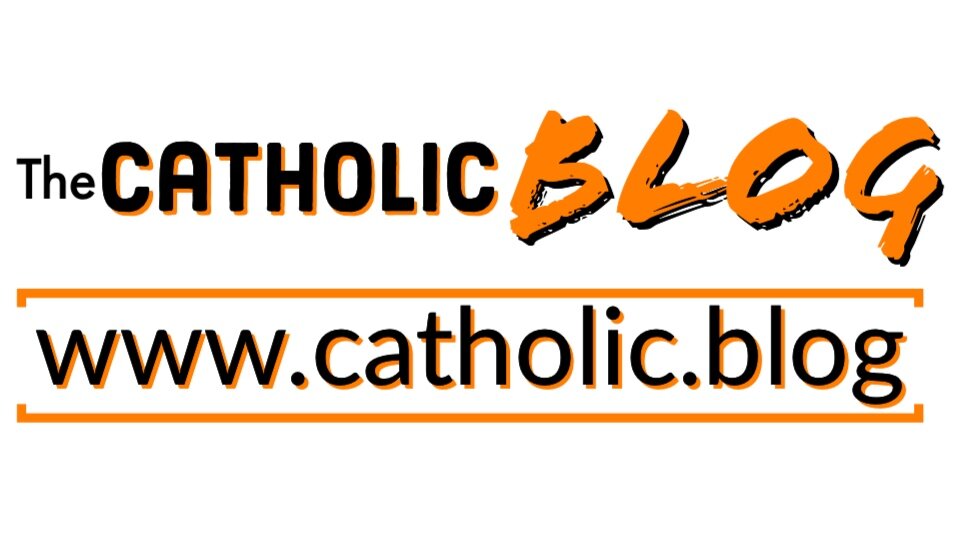DOES OUR EUCHARIST HELP THE DEAD?
DO WE CONNECT TO THE DEAD THROUGH THE EUCHARIST?
“Does our Eucharist Help the Dead?” - Important Passages of The Catechism of the Catholic Church to Consider:
“In the intercessions, the Church indicates that the Eucharist is celebrated in communion with the whole Church in heaven and on earth, the living and the dead.” (CCC 1354)
“To the offering of Christ are united not only the members still here on earth, but also those already in the glory of heaven. In communion with and commemorating the Blessed Virgin Mary and all the saints, the Church offers the Eucharistic sacrifice.” (CCC 1370)
“The Eucharistic sacrifice is also offered for the faithfully departed who ‘have died in Christ but are not yet wholly purified,’ so that they may be able to enter into the light and peace of Christ” (CCC 1371)
“We pray for the holy fathers and bishops who have fallen asleep, and in general for all who have fallen asleep before us, in the belief that there is great benefit to the souls on whose behalf the supplication is offered” (CCC 1371)
Merriam-Webster’s Definitions to Consider:
Necromancy - the practice of talking to the spirits of dead people
Medium - a person through whom other persons try to communicate with the spirits of the dead
Prayer - an address (such as a petition) to God or a god in word or thought
“Does our Eucharist Help the Dead?” - Important Scriptures to Consider:
Deuteronomy 18:10–12 “There shall not be found among you…a medium or a necromancer or one who inquires of the dead, for whoever does these things is an abomination to the LORD. And because of these abominations the LORD your God is driving them out before you." (ESV)
Leviticus 19:31 “Do not turn to mediums or necromancers; do not seek them out, and so make yourselves unclean by them: I am the LORD your God.” (ESV)
Isaiah 8:19 "And when they say to you, ‘Inquire of the mediums and the necromancers who chirp and mutter,” should not a people inquire of their God? Should they inquire of the dead on behalf of the living?’” (ESV)
1 Samuel 28:15 “Then Samuel said to Saul, “Why have you disturbed me by bringing me up?” Saul answered, “I am in great distress, for the Philistines are warring against me, and God has turned away from me and answers me no more, either by prophets or by dreams. Therefore I have summoned you to tell me what I shall do.” (ESV)
1 Chronicles 10:13–14 "So Saul died for his breach of faith. He broke faith with the LORD in that he did not keep the command of the LORD, and also consulted a medium, seeking guidance. [14] He did not seek guidance from the LORD. Therefore the LORD put him to death and turned the kingdom over to David the son of Jesse." (ESV)
Hebrews 7:27 "He has no need, like those high priests, to offer sacrifices daily, first for his own sins and then for those of the people, since he did this once for all when he offered up himself.” (ESV) James 1:5 “If any of you lacks wisdom, let him ask God, who gives generously to all without reproach, and it will be given him.” (ESV)
Luke 16:30–31 “And he said, ‘No, father Abraham, but if someone goes to them from the dead, they will repent.’ [31] He said to him, ‘If they do not hear Moses and the Prophets, neither will they be convinced if someone should rise from the dead.’” (ESV)
“Does our Eucharist Help the Dead?” - Important Questions to Consider:
How does one celebrate the Eucharist with the “living and the dead”? Where is that concept in the Bible?
What does the Bible say about interactions with the dead? Sacrifices for the dead? Conversations with the dead? Is it possible? It is permitted? Is it forbidden?
What is necromancy in the Bible? How are these descriptions of the Eucharist different or similar?
Why does God forbid interactions with the dead? What is the danger?
In the story of the rich man and Lazarus (Luke 16:19-31) why are the dead not allowed to communicate to the living?
Why is the Bible (“Moses and the Prophets”) described as the way for salvation to be communicated and not Penance, Eucharist, or Baptism?
Subscribe to “The Catholic Blog” on YouTube: https://www.youtube.com/channel/UC03uZywULBplunOmh4nCB2A
Free Books for Catholics: www.catholic.blog/books
Free Videos for Catholics: www.catholic.blog/videos
Frequently Asked Catholic Questions: www.catholic.blog
You can download the free eBook "A Biblical Study of The Catechism of the Catholic Church" at www.catholic.blog or purchase a Kindle, paperback, or hardback version at Amazon (www.amazon.com/gp/product/B098L1MRLK).




